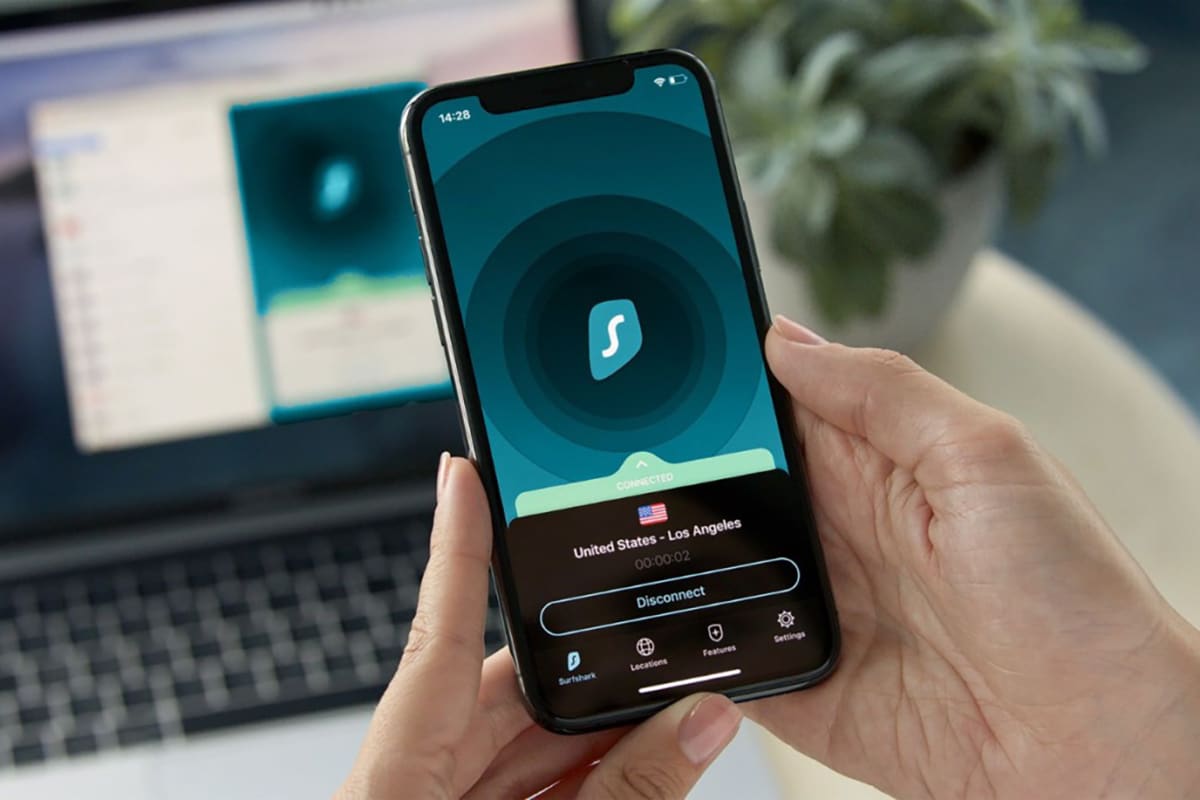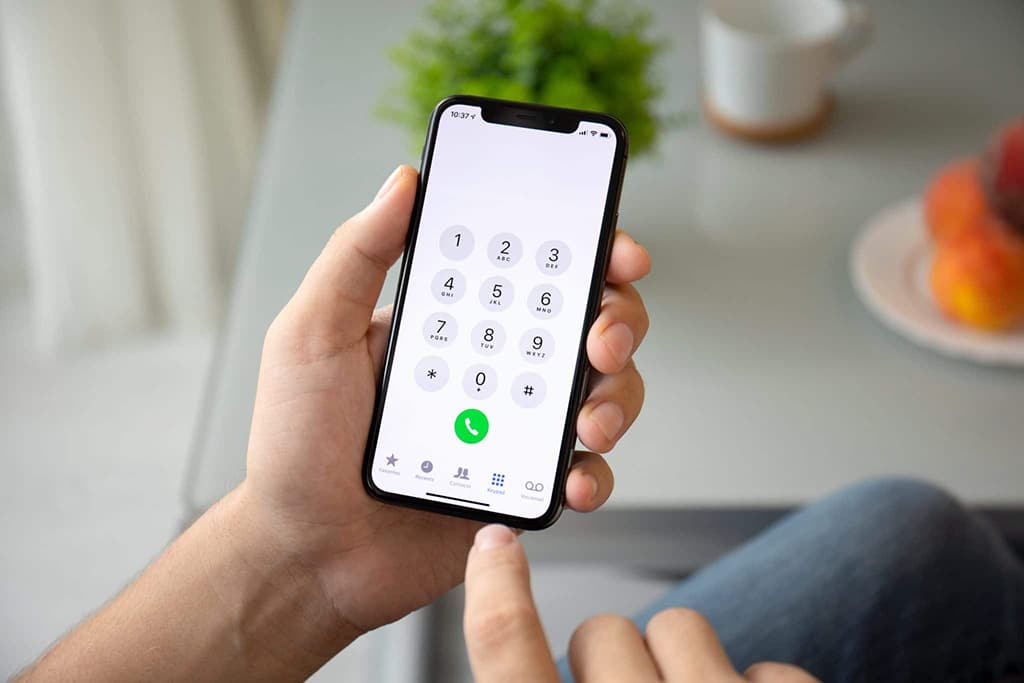Do you need a VPN for your home WiFi network in 2024? With cybercrime and privacy concerns growing, installing a trusted VPN provides an encrypted tunnel to protect all your connected devices. Keep reading for an in-depth look at the benefits of running a VPN on your home network.
First, what is a VPN? VPN stands for Virtual Private Network – it encrypts your internet connection and hides your IP address and physical location. VPNs were originally created for companies to securely access private networks remotely. Now, VPN services from reputable providers help everyday consumers protect their privacy and security.
When connected to public WiFi like in a coffee shop or airport, using a VPN is critical. Public WiFi is notoriously easy for hackers to infiltrate. Researchers were able to hack into unsuspecting victim‘s smartphones in just under 30 seconds using man-in-the-middle attacks on public WiFi. With a VPN enabled, your data remains scrambled and inaccessible to prying eyes.
But you might be wondering – isn‘t my home WiFi network secure? You went through the trouble of setting up a strong password. Unfortunately, that‘s not enough…
Why Your Home Network Needs a VPN in 2024
There are several compelling reasons to run a trusted VPN on your home network:
Hide Your Activity from Your ISP
Your Internet Service Provider can see every site you visit, app you use, and piece of content you view or send online. Verizon‘s CEO admitted ISPs track and store all customer browsing data and activity.
AT&T also came under fire in 2019 for silently tracking all mobile customer app and internet usage to sell to advertisers. These invasive practices raise serious privacy concerns. A VPN blocks your ISP from monitoring what you do online.
Access Content Restricted By Location
Streaming services and websites often restrict content based on geographic location. Netflix alone has over 61 country-specific libraries outside the US. With a VPN, you can virtually change locations to access this blocked content by connecting to a server in that country.
Whether you want to binge watch Peaky Blinders on the UK Netflix or stream a baseball game live online in Europe, a VPN helps you bypass these limits.
Protect Against Malware and Ad Tracking
Think your home network defenses are impenetrable? Unfortunately, a simple wrong click can compromise your security. In 2022, cybersecurity firm SonicWall recorded an alarming 229% increase in ransomware attacks globally compared to 2021.
VPNs add an extra layer of protection by blocking suspicious sites and scanning traffic for malware payloads. VPNs also block invasive ads and trackers that follow you around the web. A Princeton study found the average website has over 20 tracking companies monitoring activity.
Get Faster Speeds
Here‘s a frustrating scenario – you pay for blazing fast 200 Mbps internet but notice it crawl when streaming movies or gaming online. The culprit? ISP throttling.
ISPs intentionally limit bandwidth for high-traffic activities like streaming, torrenting, and gaming. This forces you into pricier packages for your true speeds. A VPN conceals this heavy traffic so your ISP can‘t discriminate. The result? Internet speeds that live up to what you pay for.

Greater Privacy & Anonymity Online
Every site you visit collects your IP address, location, and other identifiers to build an alarmingly detailed profile of your online activities and habits. These are sold or leaked to advertisers, data brokers, and even governments.
A VPN masks your digital identity by hiding your IP address and scrambling the origin of your internet traffic. This allows you to browse the web privately without your every move tracked.
Choosing the Best VPN Service
Not all VPNs are created equal. With hundreds of services out there, it can be tricky picking the right one for your home network security. Here are the key factors to evaluate:
Server Network Size & Speed
More server locations worldwide gives you more options to shift your virtual location. Bigger server networks also offer faster speeds to prevent buffering and lag, especially for streaming and gaming. Look for providers with expansive and well-distributed server infrastructure.
Strong Encryption & Protocols
Military-grade encryption like AES-256 bit scrambles your traffic to make it uncrackable in transit. OpenVPN and IKEv2/IPSec are the most secure protocols used today. Avoid services using outdated technology.
Strict No-Logging Policies
Privacy-focused VPNs promise to never log or store your browsing activity. But how can you be sure? Independent audits by firms like PricewaterhouseCoopers verify no traffic or connections are monitored. Check for VPNs that have undergone these audits.
Reliable Customer Support
Even the best VPNs can occasionally encounter connection issues or conflicts. Responsive 24/7 live chat and email support is vital in case you need troubleshooting assistance. Phone support availability is also a plus.
Competitive Pricing
While free VPN services seem appealing, they subsidize costs by logging data or showing ads. Instead, choose affordable paid VPNs in the $5-$15 per month range. Multi-year plans typically offer the cheapest rates.
Setting Up Your Home VPN
Once you select a suitable VPN for your needs, installing it on all your home devices is simple. Here‘s how to get set up:
iOS
- Download the VPN app from the App Store. Popular picks include ExpressVPN and NordVPN.
- Create an account and login with your credentials.
- Tap connect to have the app find the fastest server, or pick one manually.
That‘s all it takes! The VPN icon at the top of your screen indicates protection.
Android
- Get the VPN app from the Google Play Store. Top choices include CyberGhost and Surfshark.
- Sign in to your account.
- Grant the VPN permission when prompted.
- Tap connect and you‘re secure!
Windows & Mac
- Download the VPN software from their official site. Leading options are Private Internet Access and Hotspot Shield.
- Install, launch, and login.
- Right click on the system tray icon to connect.
Gaming Consoles
- Configure the VPN connection in the console‘s network settings.
- Enter the VPN provider‘s server credentials like IP address, protocol, and port.
Router Setup
For whole home coverage, install VPN software directly onto your router:
- Login to your router admin dashboard.
- Navigate to the VPN or WAN configuration page.
- Input the VPN provider‘s connection details like server IP, protocol, and account info.
- Enable the VPN connection.
Now every device on your WiFi is routed through the encrypted VPN tunnel!
Frequently Asked Questions
Still have concerns about running a VPN at home? Here are answers to common questions:
Is a VPN necessary for home WiFi security?
While not absolutely required, a VPN provides an added layer of protection and privacy that most find worthwhile. As cyber threats grow, a VPN helps futureproof your home network.
Will a VPN slow my home internet speeds?
Top-tier VPNs are optimized to add minimal overhead. Unless using an outdated provider, you can expect little to no speed loss in most cases when connected to nearby servers. Some even report speed boosts!
How much mobile data will a VPN use?
Once connected, VPN data usage is minimal – most estimates range from 5-20% overhead beyond your normal usage. The initial connection can use more data, after which traffic flows through the established tunnel.
Is it safe to keep my VPN on permanently?
Absolutely! Enabling your VPN‘s auto-connect feature is recommended to provide constant protection each time you access the internet from home. Many providers offer a kill switch that blocks all traffic if the VPN connection drops.
What is the best VPN for home use?
Top-rated options for home VPN use based on security, speeds, reliability, and value include ExpressVPN, NordVPN, Surfshark, Private Internet Access, CyberGhost, and TunnelBear. Ultimately you want to choose one that best fits your needs and budget.
Secure Your Home Now
While a VPN may not seem necessary for home WiFi at first glance, there are compelling privacy, security, and access benefits that make paying for a premium service worthwhile. With more of our lives connected online, a VPN provides vital protection against growing cybercrime. Carefully choose a provider proven to keep your browsing history private without slowing your internet speeds. Then install the VPN app across all your devices for safe encrypted access.




